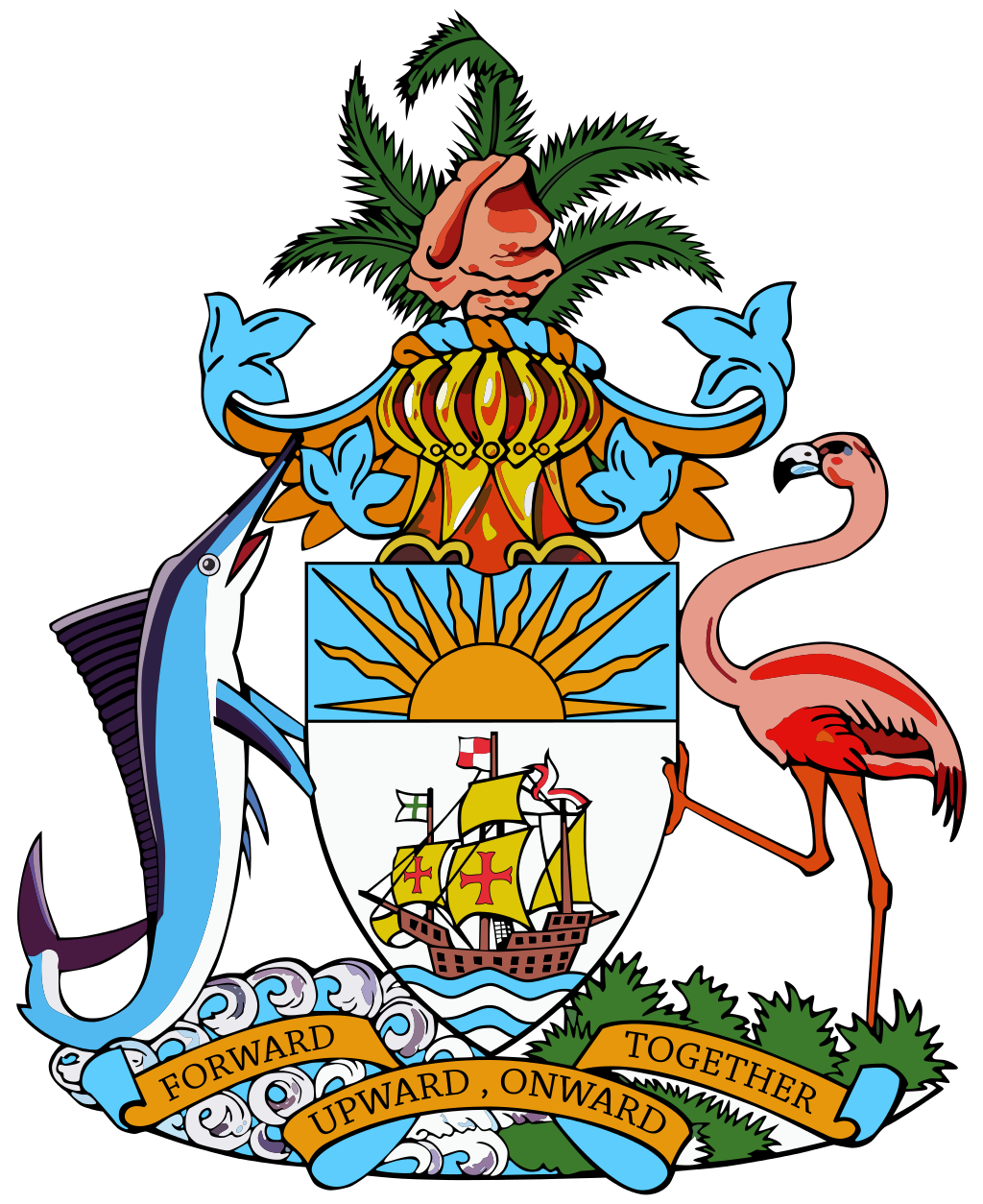Location
Lucayan Indians inhabited the islands when Christopher COLUMBUS first set foot in the New World on San Salvador in 1492. British settlement of the islands began in 1647; the islands became a colony in 1783. Since attaining independence from the UK in 1973, The Bahamas has prospered through tourism, international banking, and investment management. Because of its location, the country is a major transshipment point for illegal drugs, particularly shipments to the US and Europe, and its territory is used for smuggling illegal migrants into the US.
The Bahamas is a parliamentary democracy under a constitutional monarchy.
Source: CIA World Factbook
Members:
Resources
Displaying 46 - 50 of 86Savannah Sound Commonage Rules (Cap. 152).
These Rules, made under section 11 of the Commonage Act, concern commoners in the Savannah Sound area. The Rules require commoners to register with the Commissioner and specify conditions for registration as a commoner and the application for land by a commoner. The Rules also, among other things: regulate elections and meetings of commoners; provide rules regarding the setting of fire to land; provide for resolution of disputes between commoners in relating to the use of land by the Land Policy Committee; and secure free access to water resources by commoners.
Rock Sound Commoners Rules (Cap. 152).
These Rules, made under section 11 of the Commonage Act, concern commoners in the Rock Sound area. The Rules require commoners to register with the Commissioner.
Harbour Island and Spanish Wells Commoners Rules (Cap. 152).
These Rules, made under section 11 of the Commonage Act, concern commoners in the Harbour Island and Spanish Wells area. The commoners shall register with the Commissioner who may convene meetings of commoners.
Tarpum Bay Commoners Rules (Cap. 152).
These Rules, made under section 11 of the Commonage Act, concern commoners in the Tarpum Bay district. The Rules: allow a commoner to take up abandoned land of another commoner for cultivation; set limits for the proximity of cultivation on land bordering land of another commoner; provide rules for the setting fire to fields and provide for arbitration in case of damage; place restrictions on the sale of land by commoners; require a commoner not to fell more land than he or she is able to cultivate within a year; and secure free access to water resources by commoners.
Voluntary Conveyances Act (Cap. 144).
This Act defines the legality of voluntary conveyance of any lands, tenements or hereditaments which are in fact made bona fide and without any fraudulent intent for purposes of a specified piece of United Kingdom legislation. This Act does not apply in any case in which the author of a voluntary conveyance of any lands, tenements or hereditaments has subsequently, but before the passing of this Act, disposed of or dealt with the same lands, tenements or hereditaments to or in favour of a purchaser for value.


